Globe & Mail Article: Indigenous Entrepreneurs
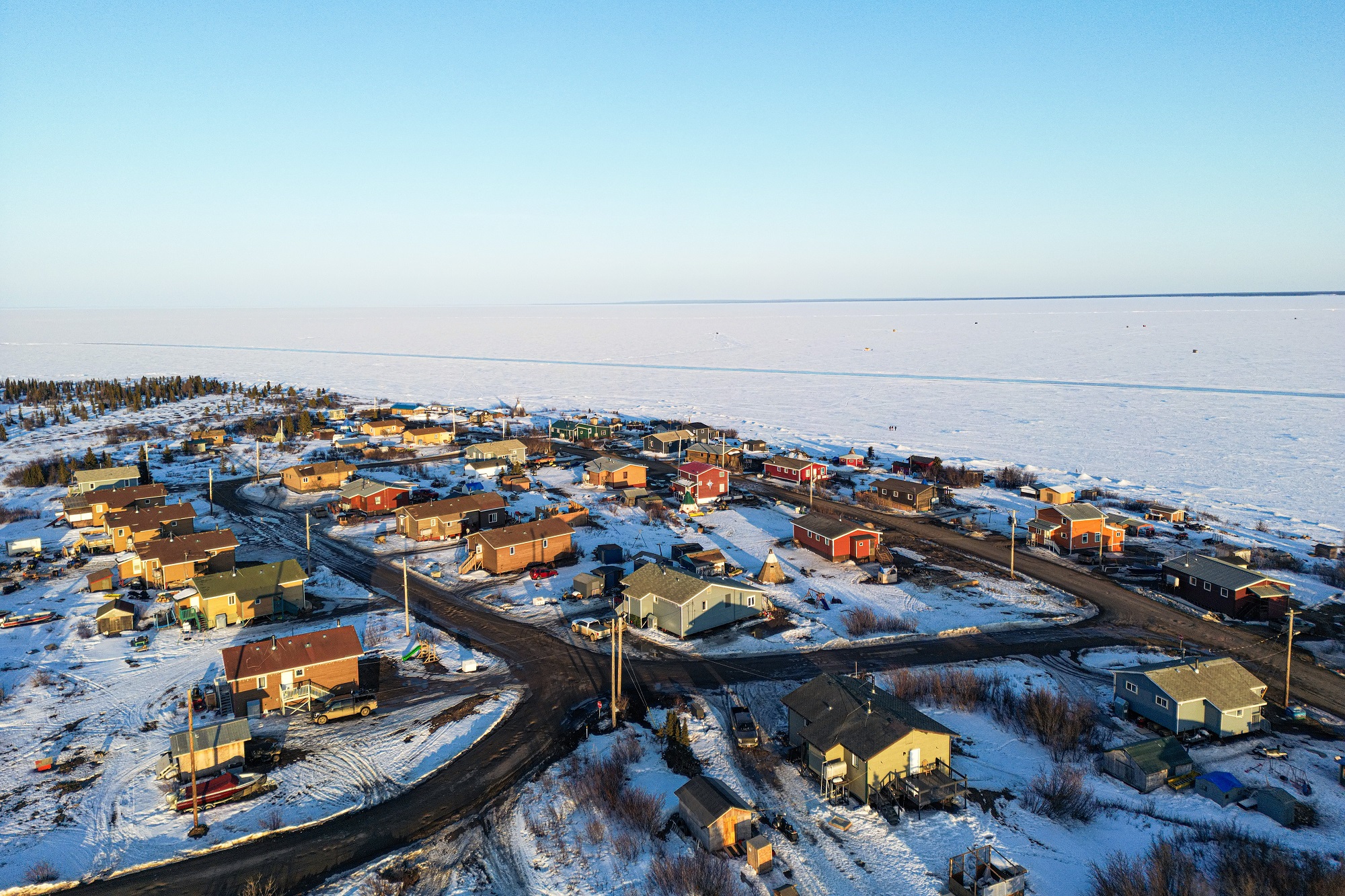
Strengthening joy and resilience through building community and sharing culture
Written by Andrea Josic with contributions from Gavin John
As featured in the Globe & Mail on June 21, 2024
When Lorrie Lawrence saw a friend struggle to secure a spot in markets – and get removed from festivals for selling beaded jewellery out of her backpack in the mid 2010s, she decided to take action. To address the need for a safe place where Indigenous artists could showcase, celebrate and offer their cultural products, I.A.M Collective was created in 2018. It started with just two tents at local Edmonton festivals and has since grown to over 170 members, becoming Alberta’s largest Indigenous arts and entertainment collective.
“Our visitors, our allies – they’re building community with us too because they’re taking our stories home and they’re telling them,” says Lawrence, I.A.M Collective’s executive director. “It makes me proud that there are people somewhere else in the world who are listening to our stories and valuing them.”
It is important for the Indigenous community to have a space for connection, particularly in an urban setting, she emphasizes, describing the collective as a “tribe” supporting each other. Just a few months ago, a member of the collective was facing eviction – and the organization rallied to raise enough money for one month of rent, utilities and groceries.
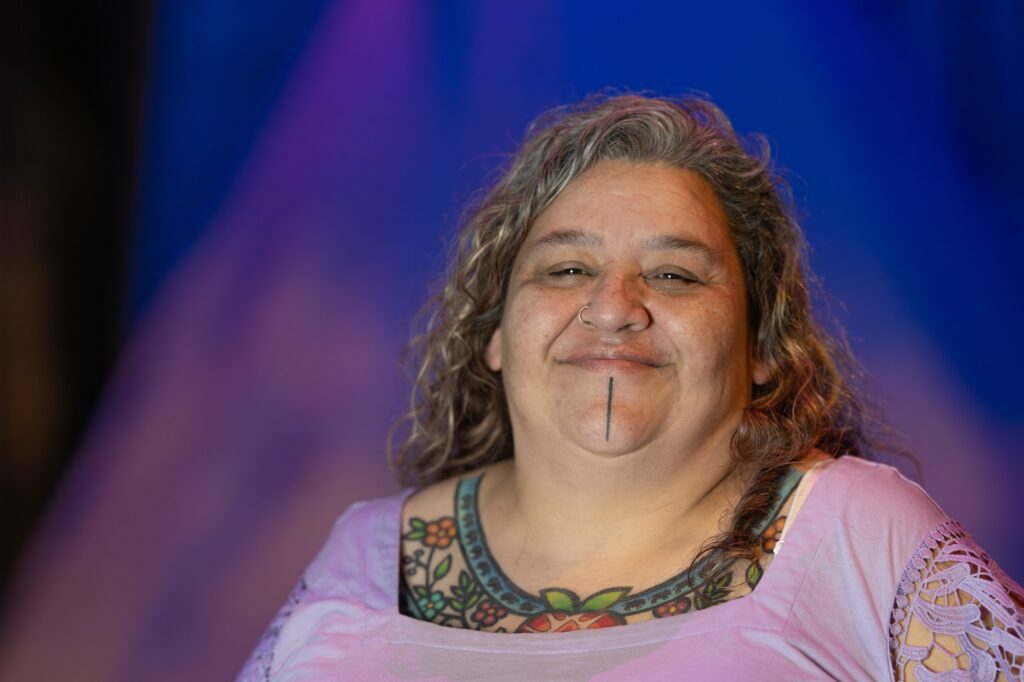
Lorrie Lawrence
Witnessing the immense impact of the collective, Lawrence actively accepts members and prioritizes increasing funding. According to Statistics Canada, nearly 10 per cent of all Indigenous-owned businesses have active plans to expand over the next 12 months.
With the support of Indigenous Tourism Alberta, I.A.M Collective accepted a mentorship with Catalyste+, a Canadian economic development organization that offers advisory services globally. Over the past five years, Catalyste+ completed 500 assignments in Indigenous communities across Canada.
I.A.M Collective worked with an experienced mentor for support in securing a permanent retail space, managing administrative costs and enhancing programming. Increased arts opportunities can create a shift in the overall community, Lawrence notes. “[Indigenous people] are not competing against each other, we’re helping each other get there. It’s not just one of us winning. We’re all winning, as a family.”
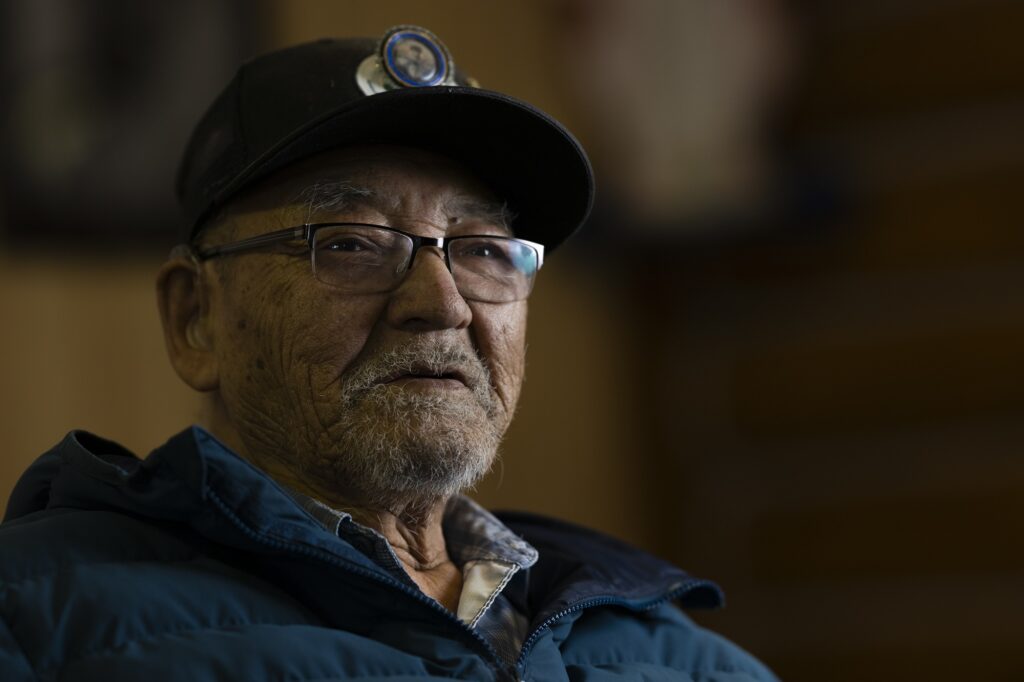
Elder Hughie Ferdinand
As Elder Hughie Ferdinand begins to fall asleep on the ground, he takes a moment to peek out from underneath his animal hide blanket. When he sees millions of stars painting the night sky, only one word comes to mind: free. Whether it’s summer or winter, when the average temperature in Délı̨nę can fall to -50 C, he finds the most powerful healing in nature.
Elder Ferdinand was born in Délı̨nę, a community on the southwestern shore of Great Bear Lake in the Northwest Territories. At 14, he was sent to a residential school for six years. By the time he returned home, Elder Ferdinand was overcome with depression and anger due to the cruel treatment he experienced.
Indigenous people in Canada have experienced historical and ongoing trauma and systemic discrimination, which have significant effects on social, economic and political well-being. Despite these systemic hardships, Indigenous people are spotlighting their culture, connecting with their communities and sharing their stories across the world.
To heal, Elder Ferdinand sought advice from his community. “My grandpa said, ‘Even if it was bad, talk about your anger. Tell your truth about where [it] comes from,’” he recalls. “So I shared my story, and the more I did that, the more it helped me.”
John Ritchie is the owner and operator of Hideaway Adventure Grounds, an educational camping experience located in the Kikino Métis Settlement. At Hideaway, participants can choose from a variety of packages focused on learning and experiencing Indigenous history, culture and practices.
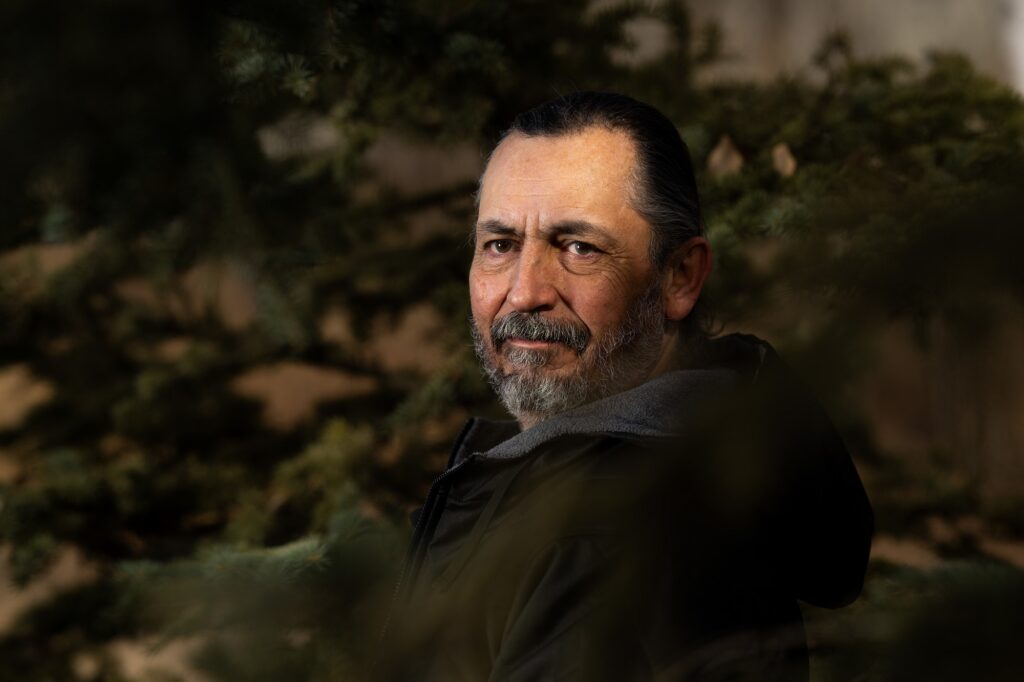
John Ritchie
Similarly to Lawrence, Ritchie is eager to grow his business and also chose to work with Catalyste+. During his mentorship, he learned about creating a social media presence, organizing legal agreements for partnerships and finding additional funding.
Ritchie praises Indigenous tourism as an essential industry for the community to share their gifts and stories. “We have an opportunity to share our connection to the animal world, the plant world, the spiritual world and with each other,” he says.
During one particularly memorable encounter, Ritchie and a Hideaway participant roasted bannock on a stick and exchanged stories. At the end of the weekend, the participant shared that this was his first time having an experience like this. Ritchie, for whom this is a regular practice, realized how powerful sharing his culture can be.
Over two-thirds of Indigenous business owners reported feeling optimistic about the next 12 months of their business. To continue elevating Indigenous clients and partners, Catalyste+ recognizes the importance of self-determination and economic independence, sharing sustainable tools and resources for Indigenous communities.
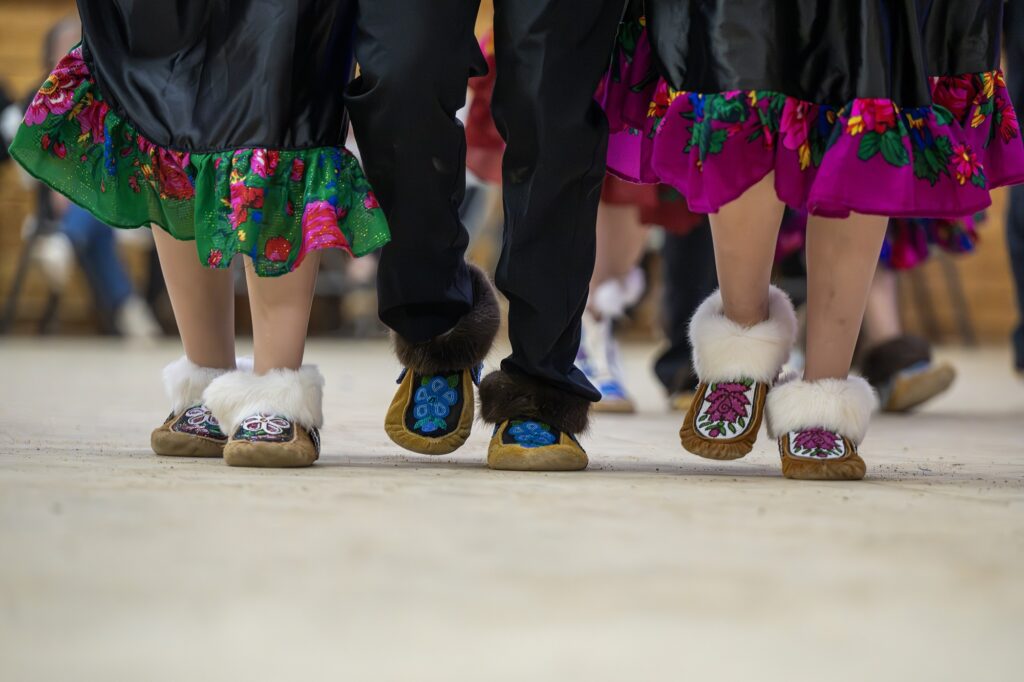
In early June, Catalyste+ released its Reconciliation Action Plan, which is based on three core values: awareness, inclusion and integrity. The Reconciliation Action Plan highlights, “Catalyste+ is committed to reconciliation in every aspect of our work. By listening to and learning from Indigenous partners and communities, we will cultivate an organizational culture that listens to Indigenous people and respects their cultures, needs and aspirations.”
Elder Ferdinand, Lawrence and Ritchie all believe Indigenous youth are essential for their communities and give them credit for the shift in Indigenous pride, solidarity and healing. The number of Indigenous youth is growing, a hopeful sign for an even stronger future. The Indigenous population is the youngest and fastest-growing in Canada, with a 9.4 per cent increase between 2016 and 2021. In 2021, 41.2 per cent of Indigenous people were under the age of 25, compared to 27.3 per cent of non-Indigenous communities.
From when he was young, raised by his mom in an urban area, Ritchie remembers a hesitation in Indigenous communities to engage with their culture. Now, he can hear his language on the radio, his culture is taught in schools, and youth are able and excited to learn about specific communities.
“My mother passed on a few years ago. But she would be here smiling, welcoming visitors, speaking the language, singing in Cree,” he says. “The people of the community, they tell me all the time that she would be so proud about how far [we’ve] come.”
Learn more about teaming up with Catalyste+, either as an Advisor or a business partner, by clicking here.
Donate Today
Your donation helps connect businesses, governments and community organizations with the skills and support to achieve their goals and contribute to inclusive growth. When you give to Catalyste+, you empower women and drive progress in harmony with nature. You’re helping people get what they need to improve their lives and build strong communities.